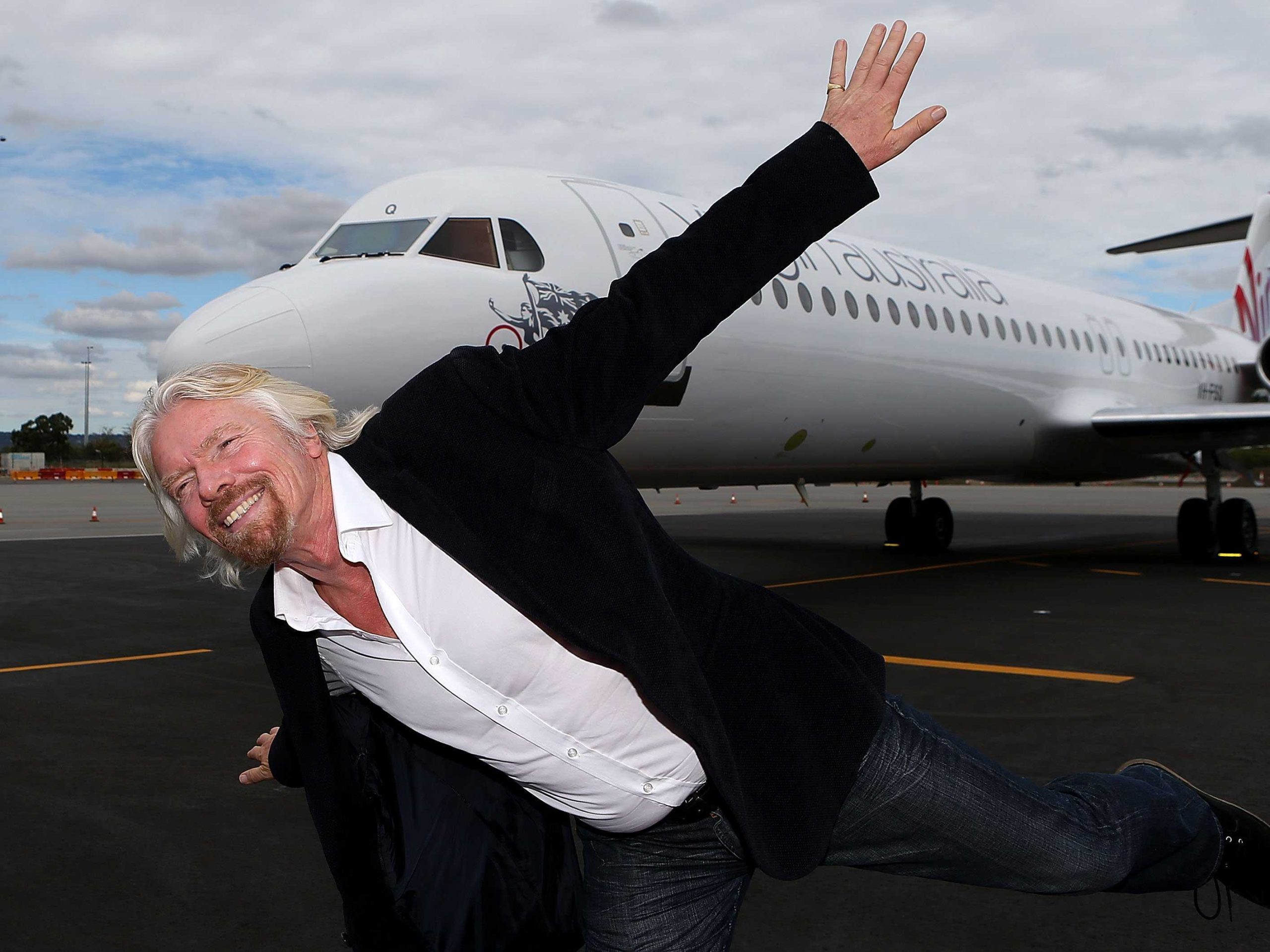One of the world’s wealthiest men learnt about net and gross profit when he was 50 years old.
In a surprising admission, Sir Richard Branson who co-founded the Virgin brand in 1970, said that a manager at his company taught him the difference between net and gross profit.
“People would give me figures and I would say – is that good news or bad news?”
Branson has always talked about his dyslexic condition and how ‘he muddled through a lot of things’ on his way to becoming a successful entrepreneur.
As of February 18, 2025, Richard Branson’s net worth was estimated to be $2.6 billion according to Forbes estimates.
Sir Richard, who dropped out of school, emphasized the importance of entrepreneurs hiring people with the right skills and not carbon copies of themselves.
“Keep an eye on the big picture and hire people with skills you don’t have – not carbon copies of yourself. We need people with different backgrounds, experiences, and perspectives to solve the world’s greatest challenges.”
~ Sir Richard Branson
The British billionaire was being interviewed by a former employee and disability inclusion advocate, Sara Weller who he fondly referred to as “colleague”.
The two have made it a mission to make workplaces more inclusive for everyone.
According to Branson, a director took him out of a board meeting after he asked about the “good news or bad news”.
“Richard, can I ask you something?”
Richard: Of course.
Director: Do you know the difference between net and gross?
Richard: I have no idea.
Sir Branson explained how the manager took a sheet of paper at that point to illustrate to the billionaire the difference between net profit and net loss.
“He colours it in blue and puts some fishing net in the paper and puts some fish in the net, and says,. ‘the fish in the net…that’s your net profit at the end of the year, the rest that’s your turnover.’ And I went, damn it, I thought it was the other way round!”
Sir Branson was born on July 18, 1950 and dropped out of school at 15 due difficulties in keeping up with schoolwork. Teachers complained that he was underperforming and struggling at tasks that his peers accomplished easily.
He went on to start a Student Magazine, motivated by the happenings of that time that interested him, including the Biafran and Vietnam wars.
Dyslexic people think differently and excel at what they like.




